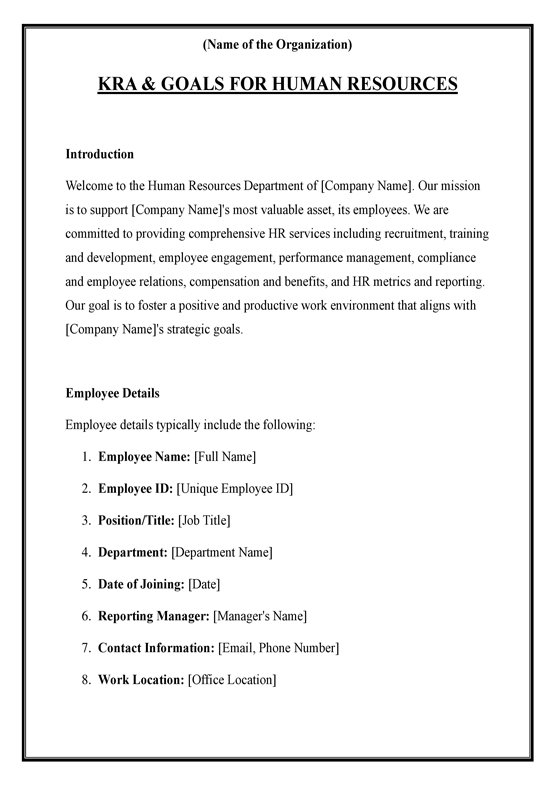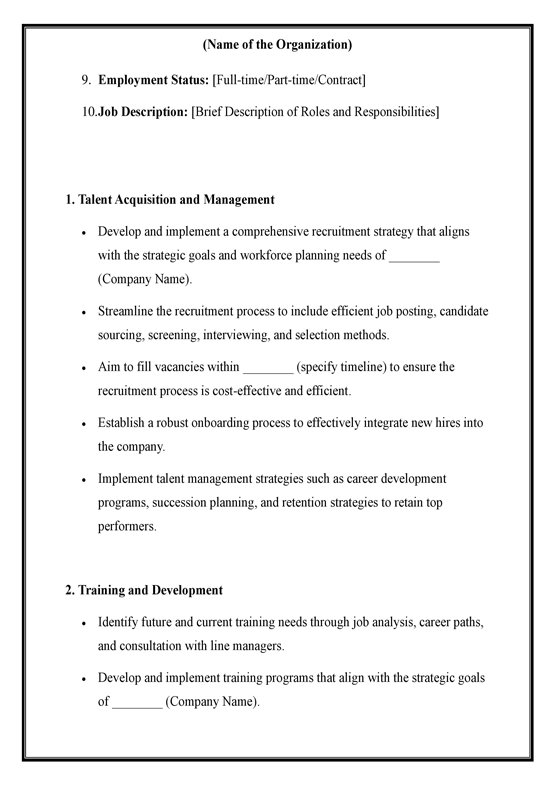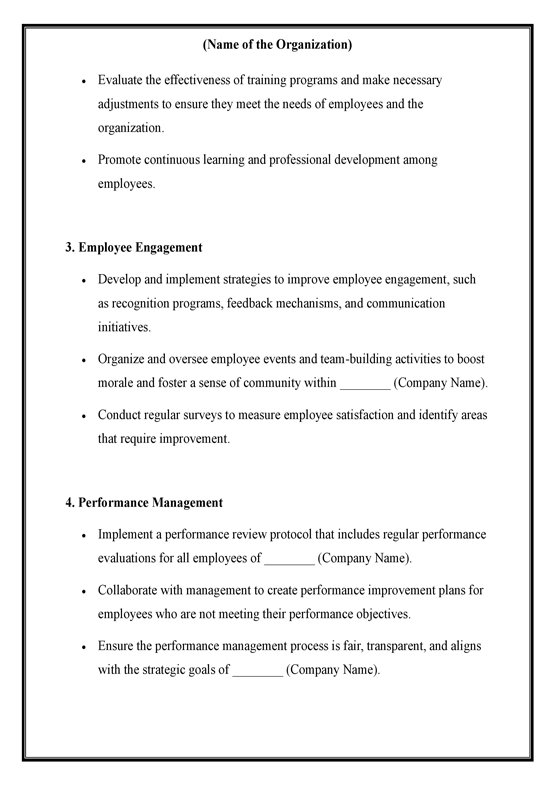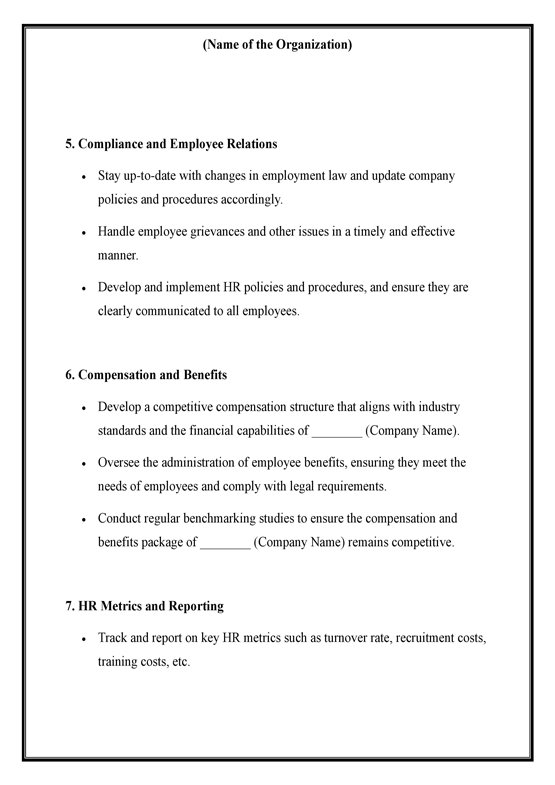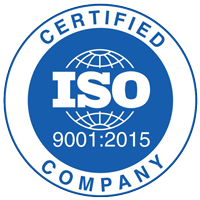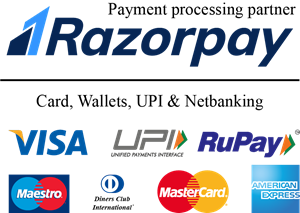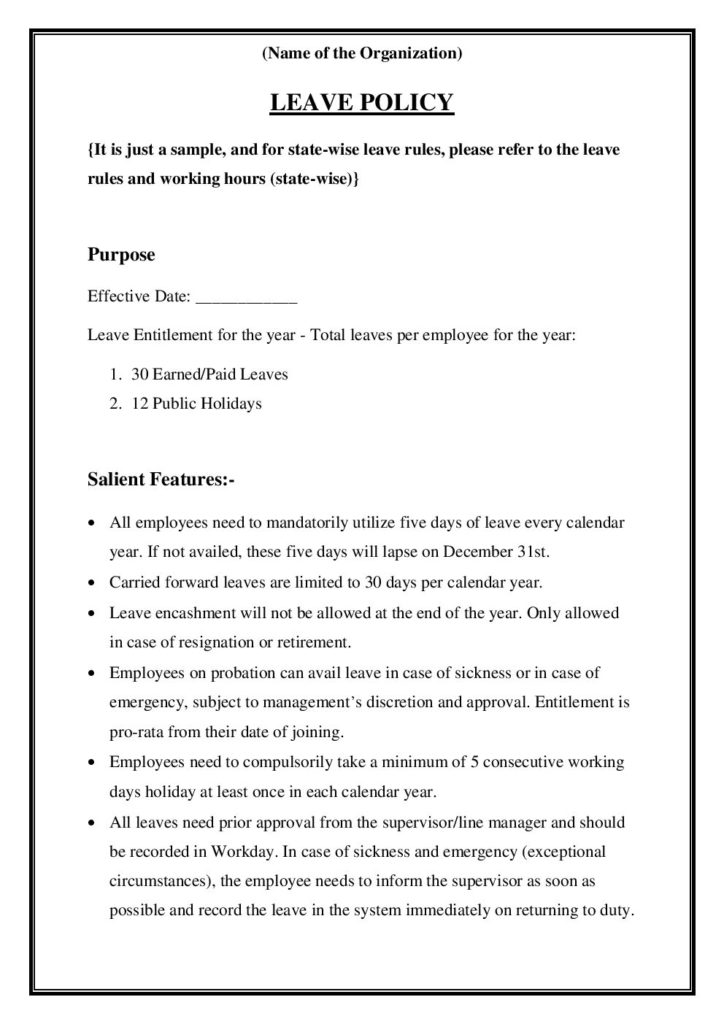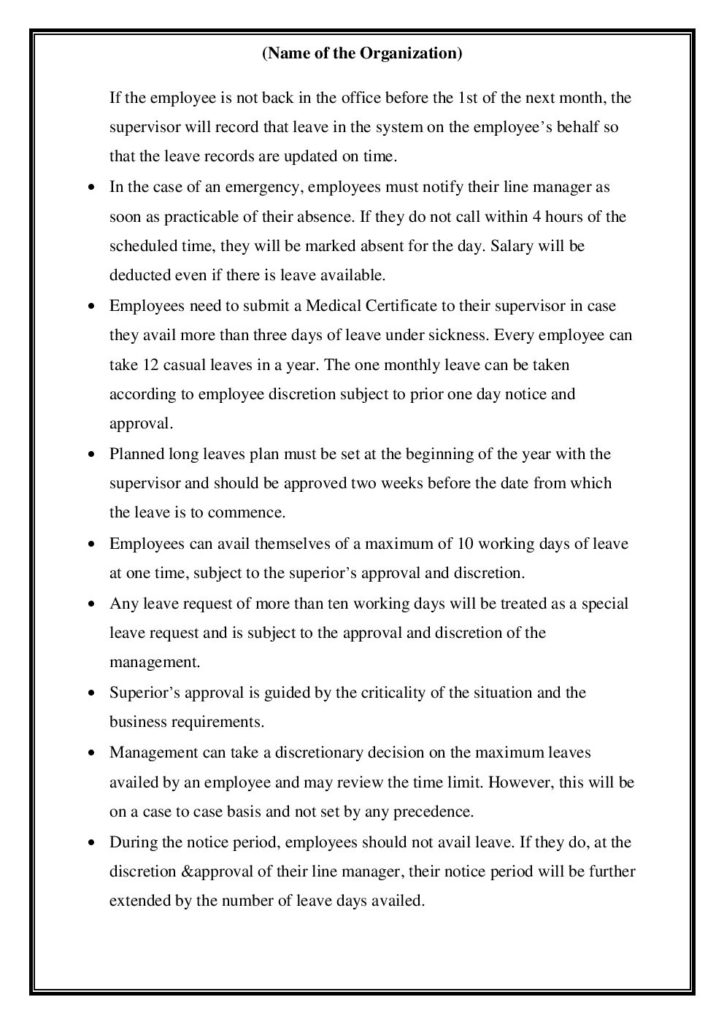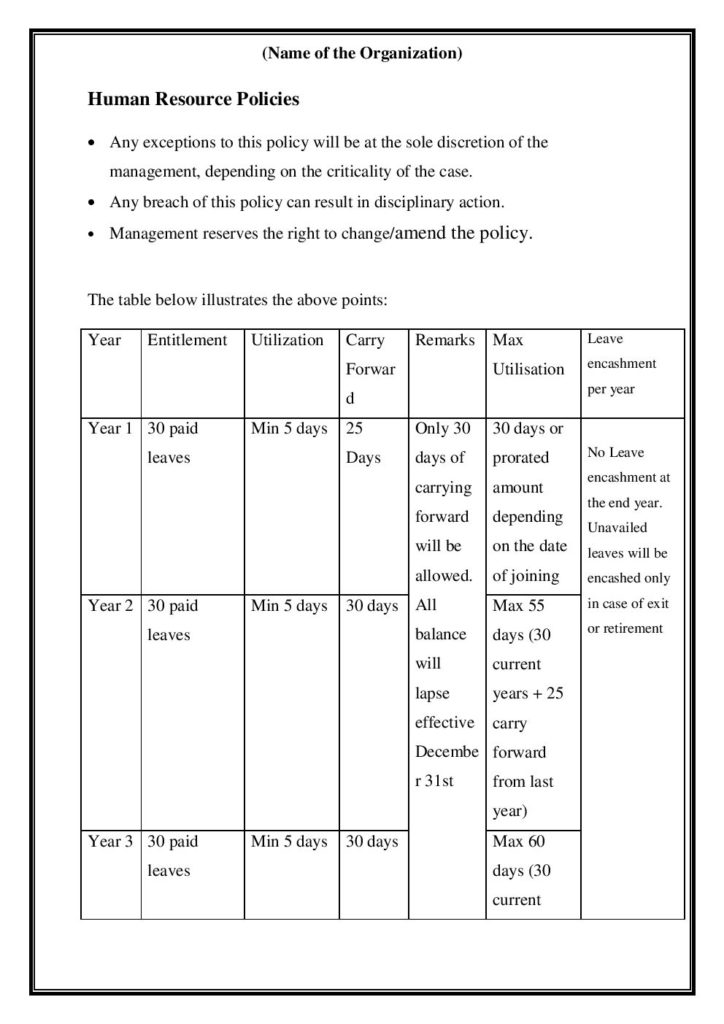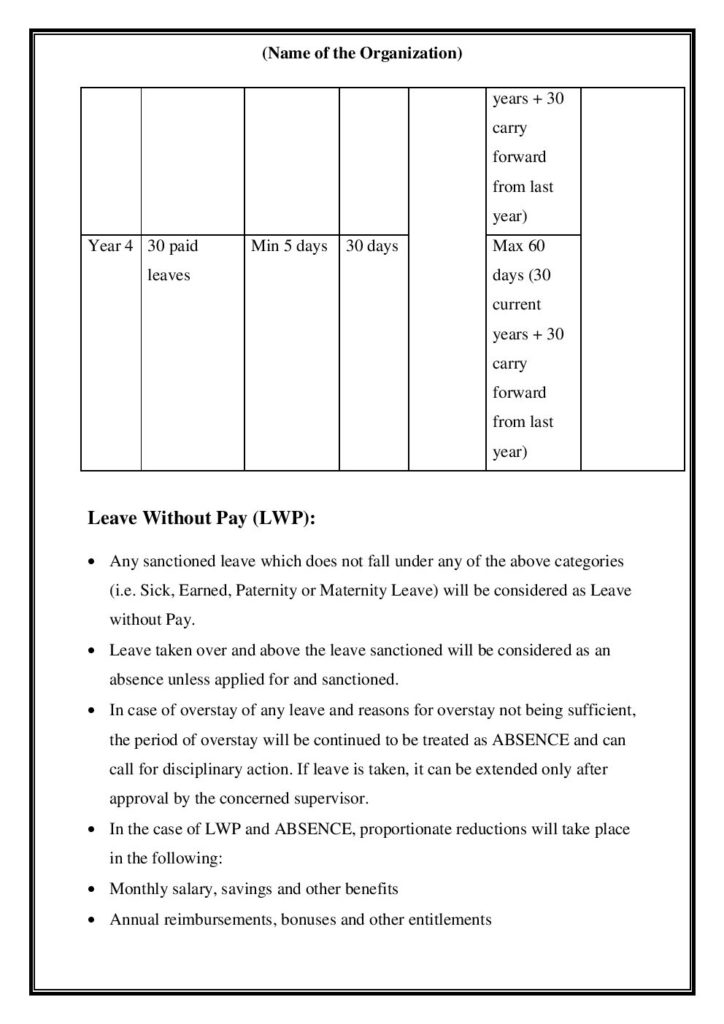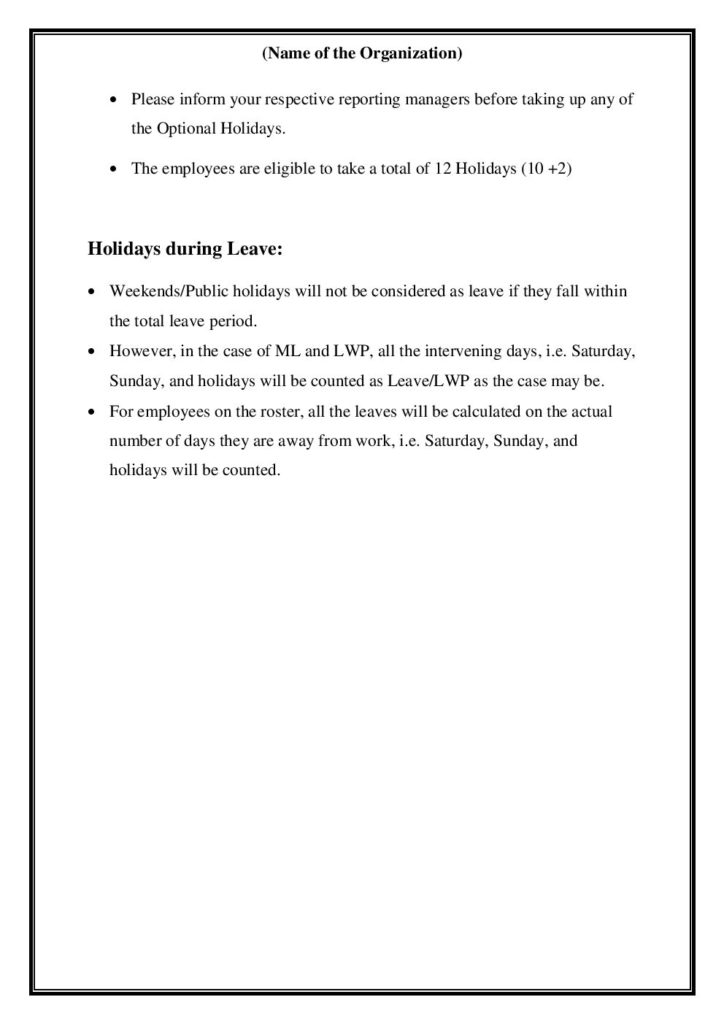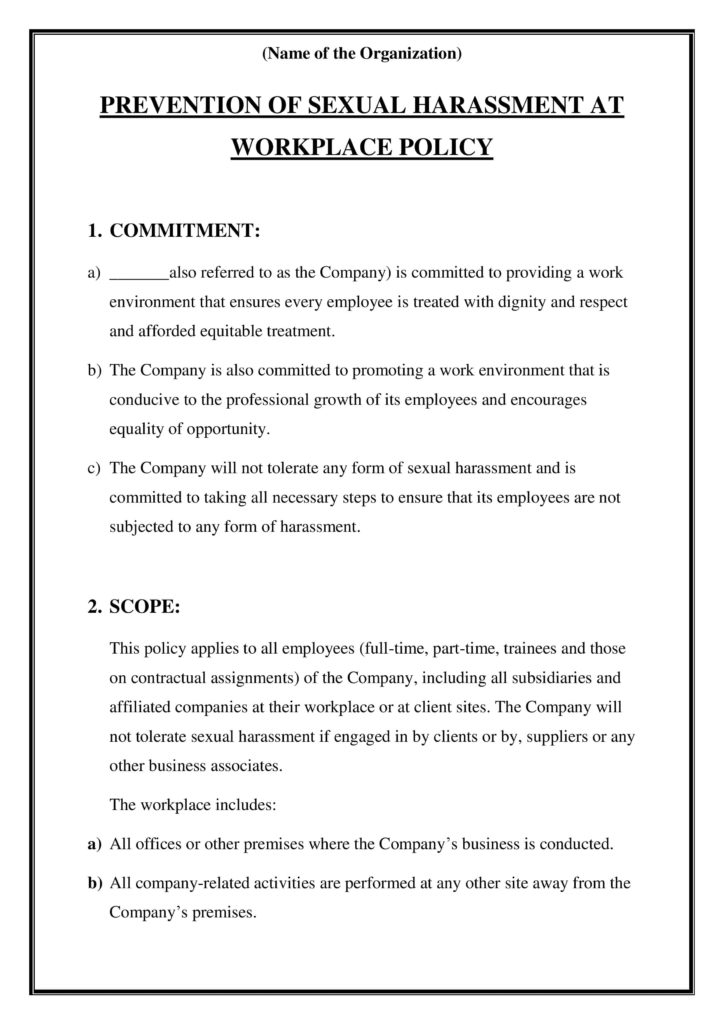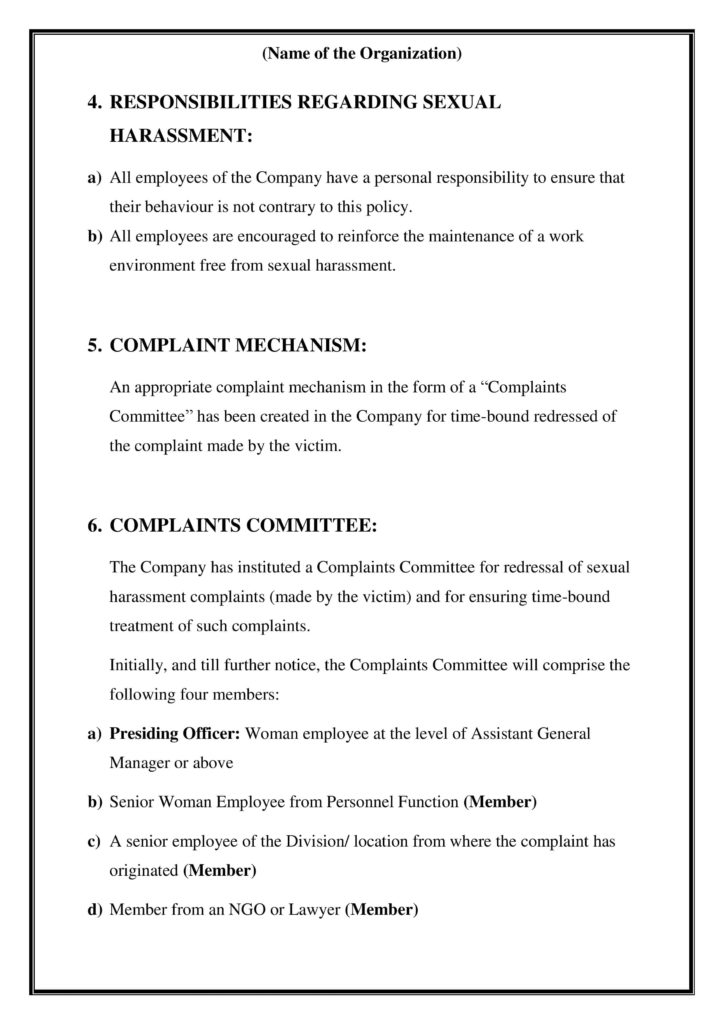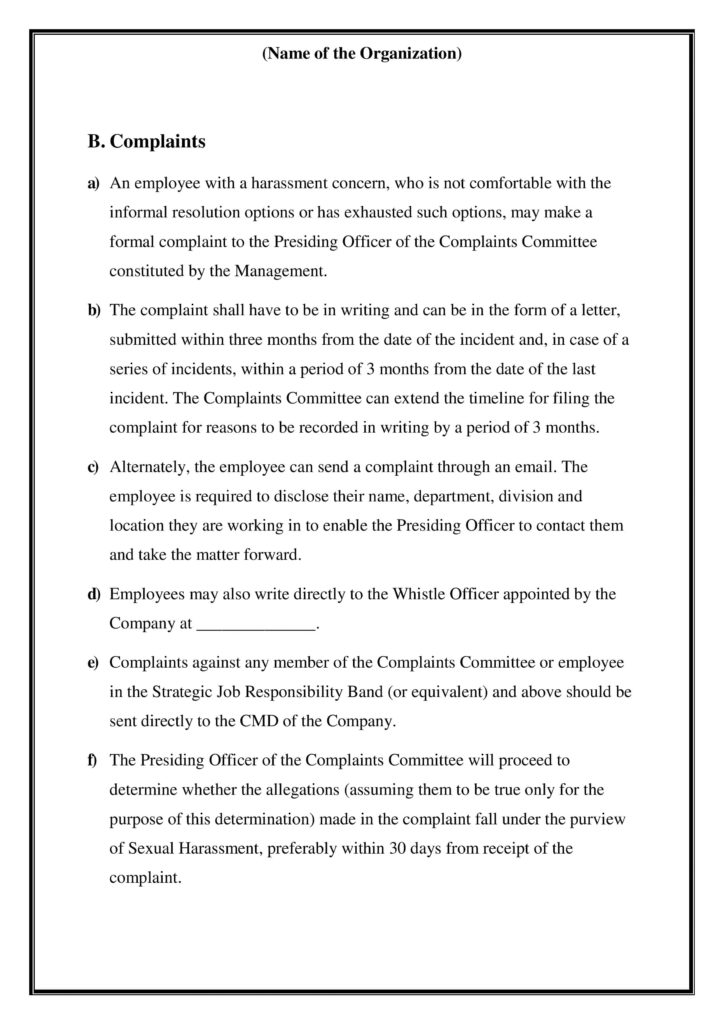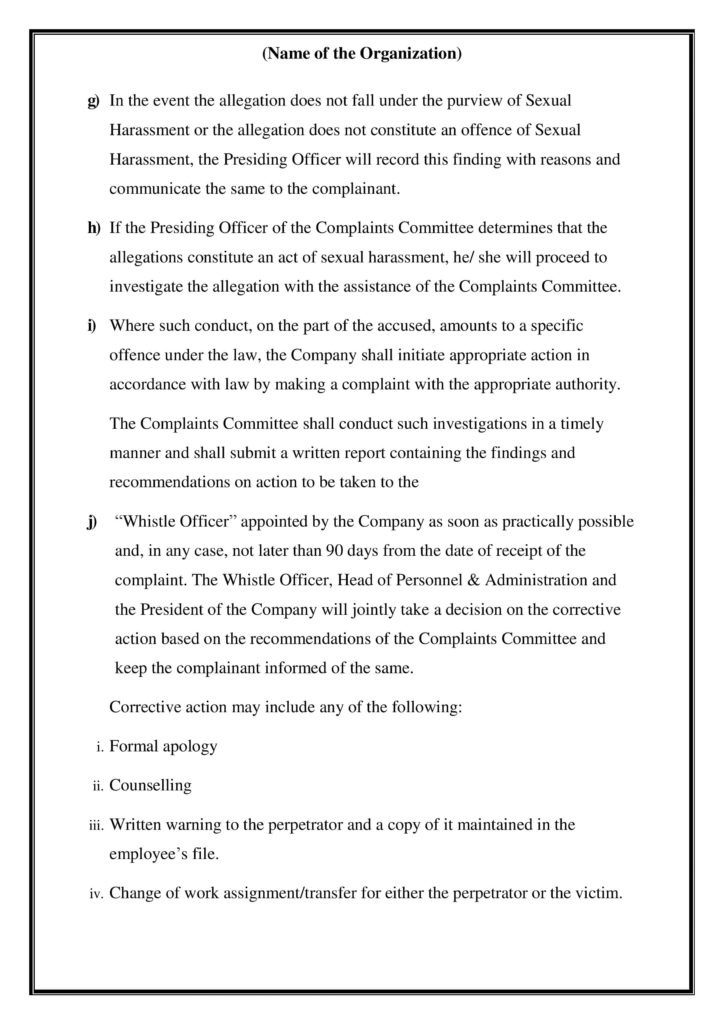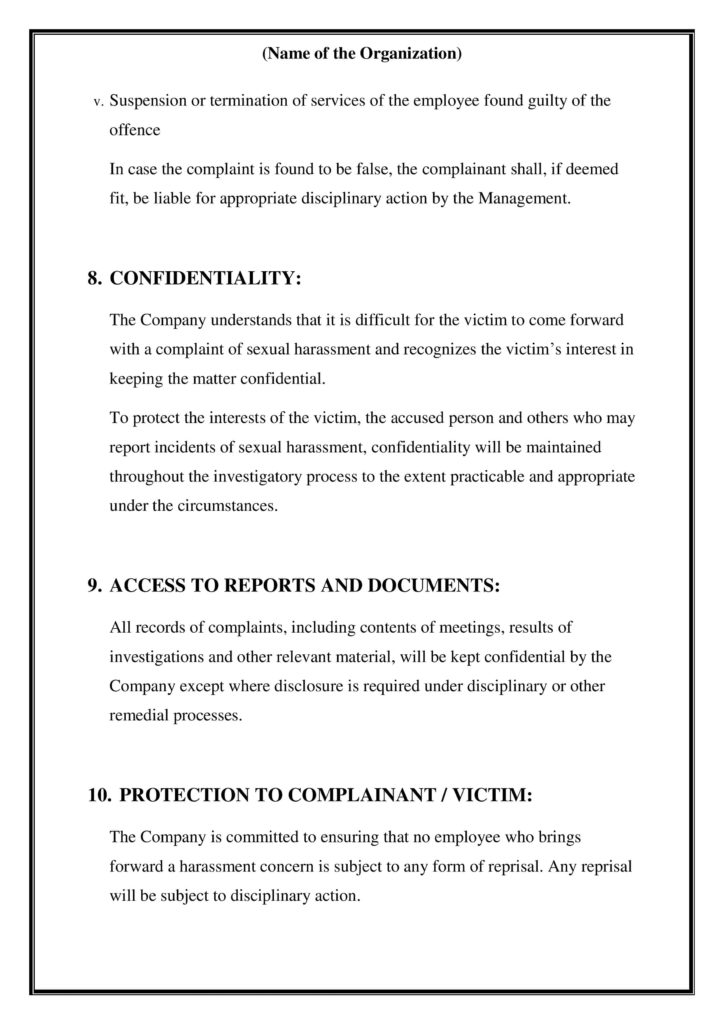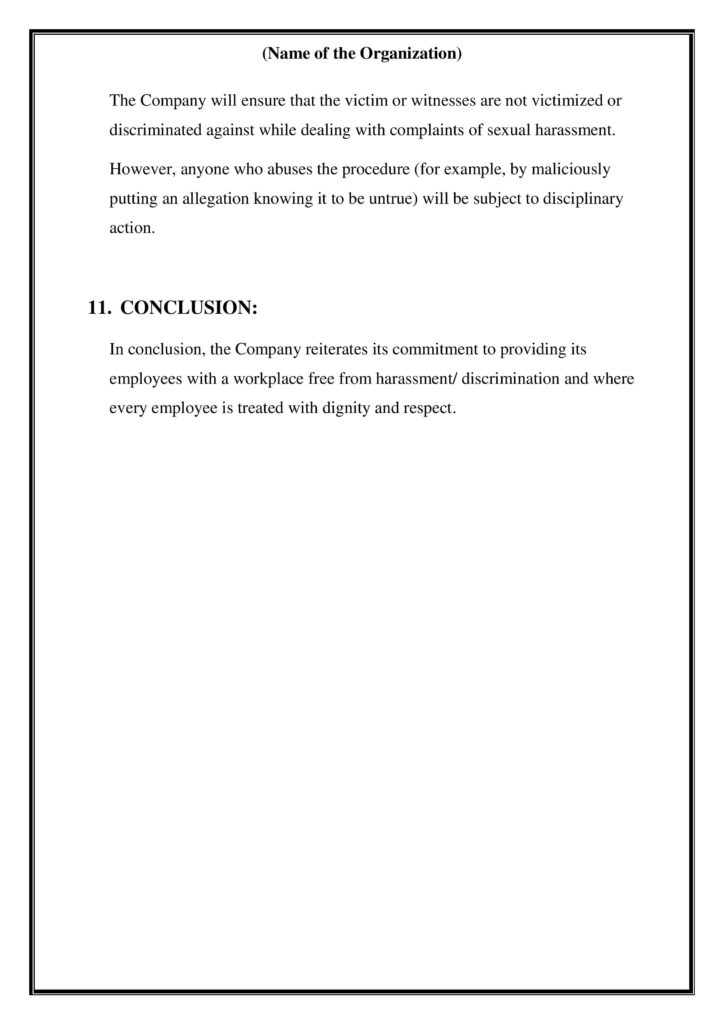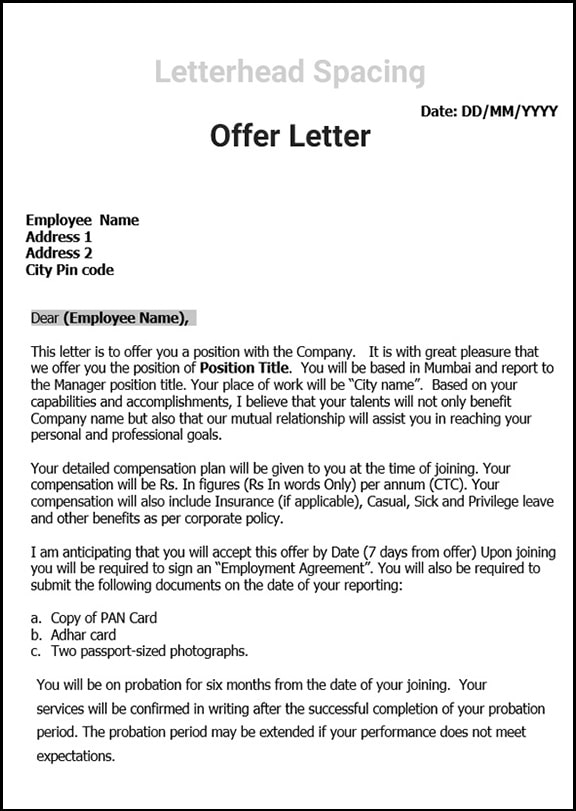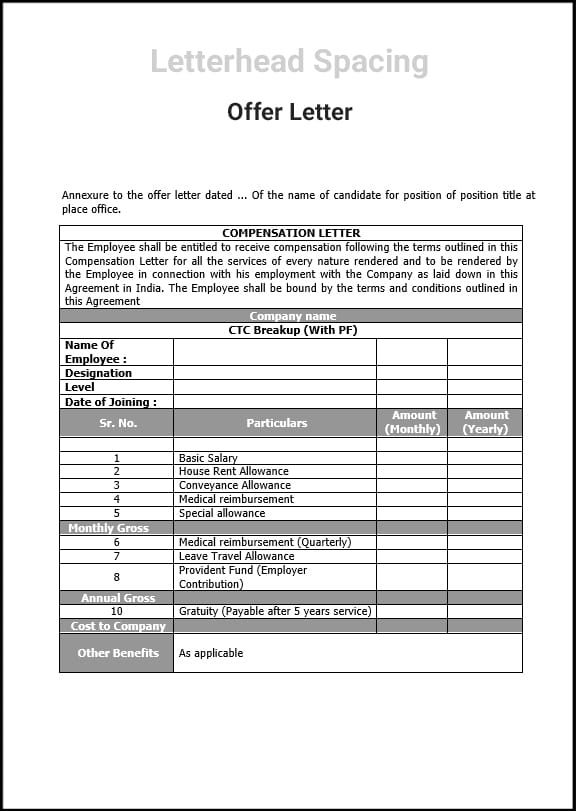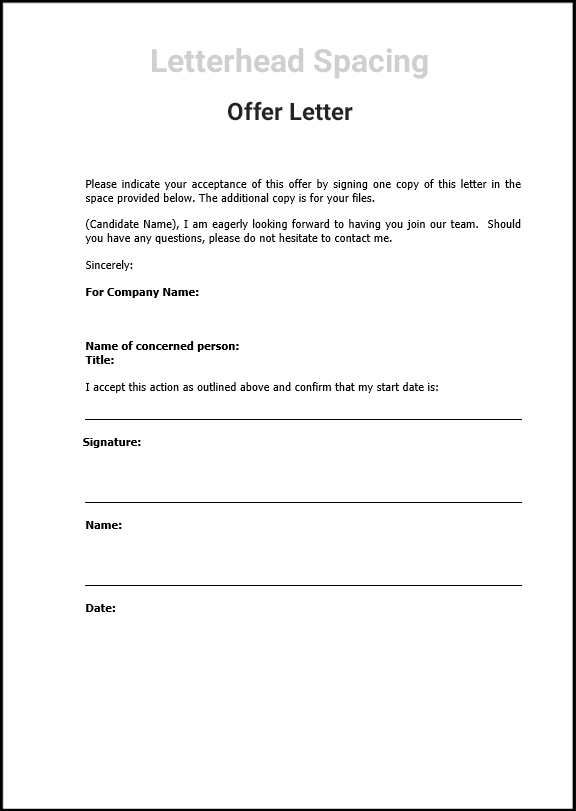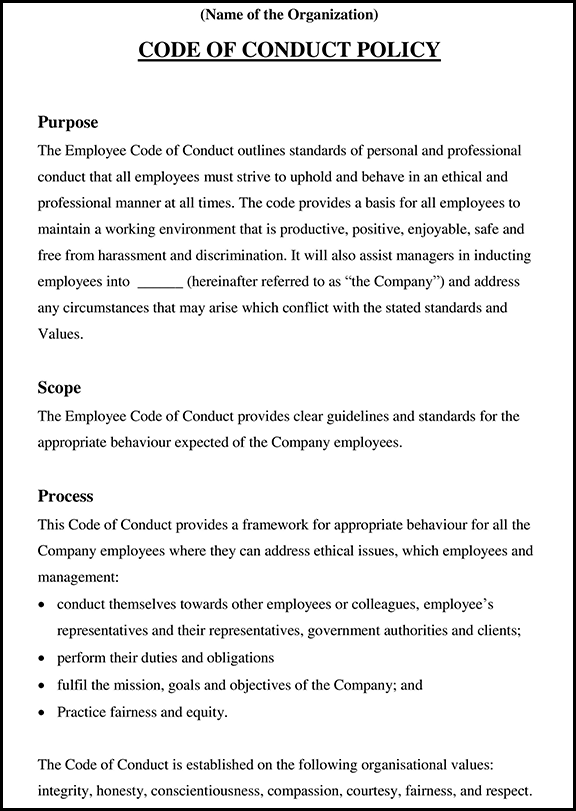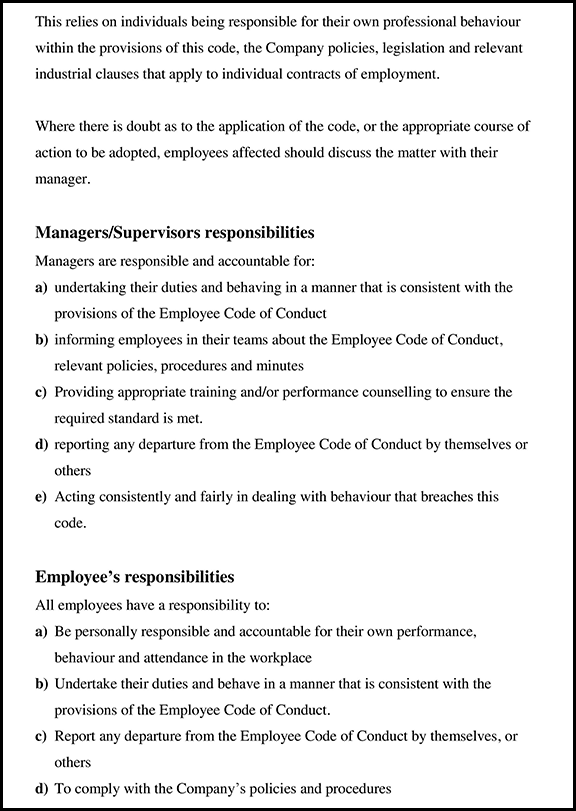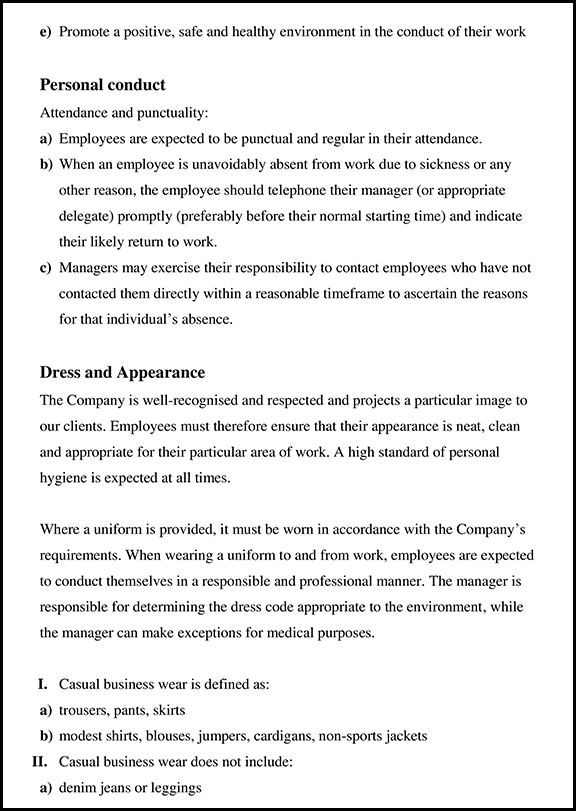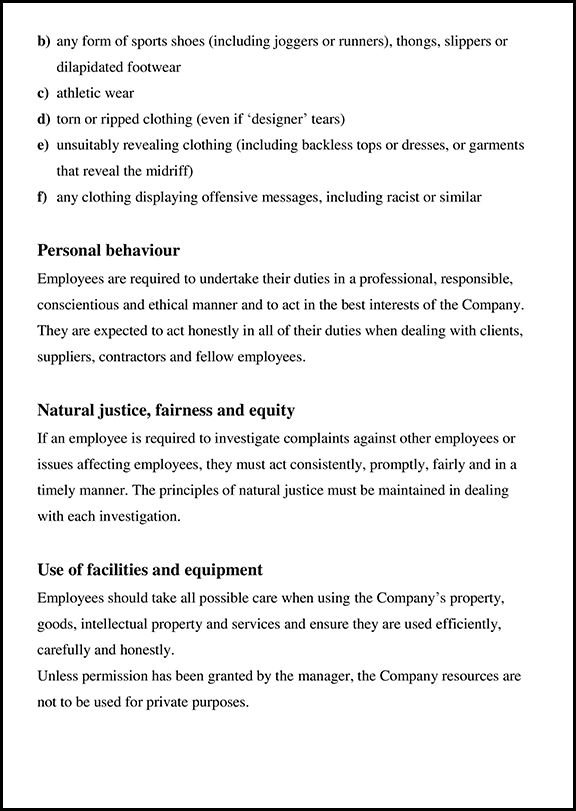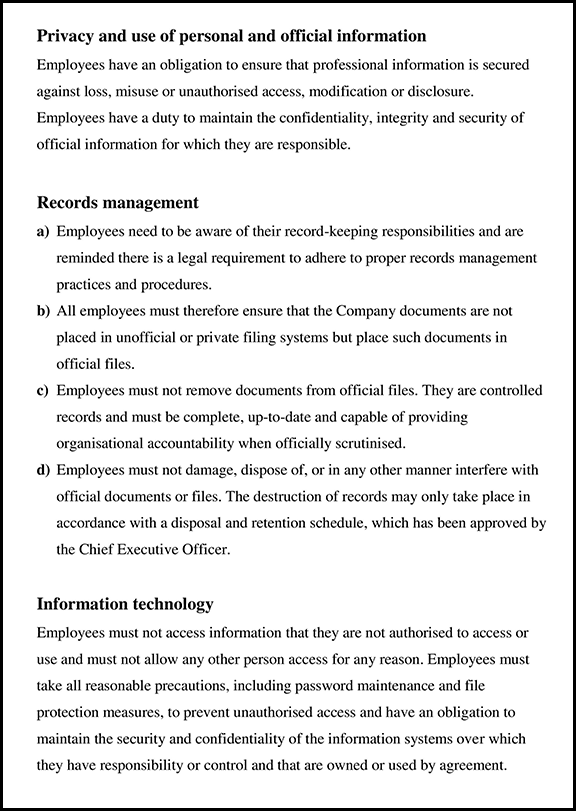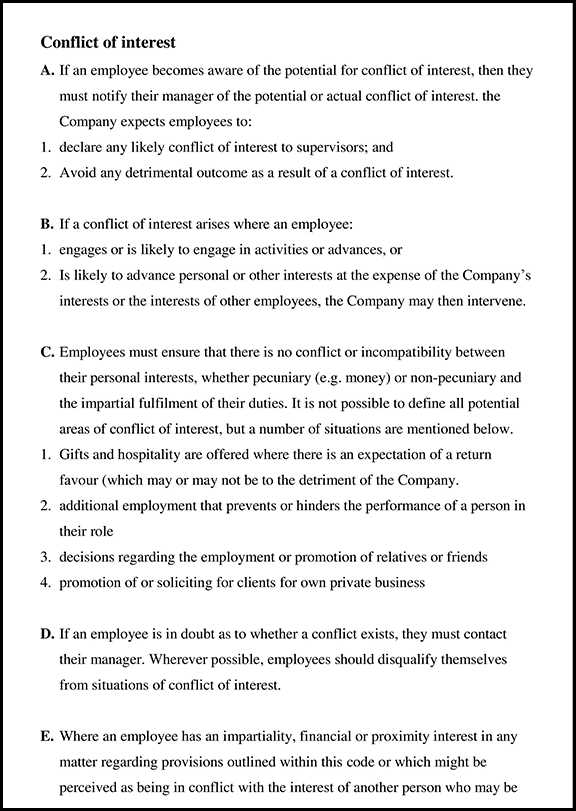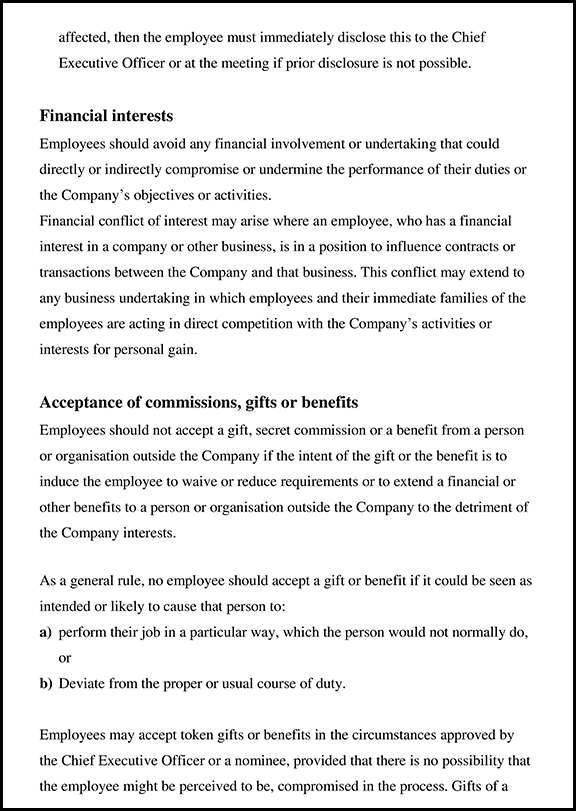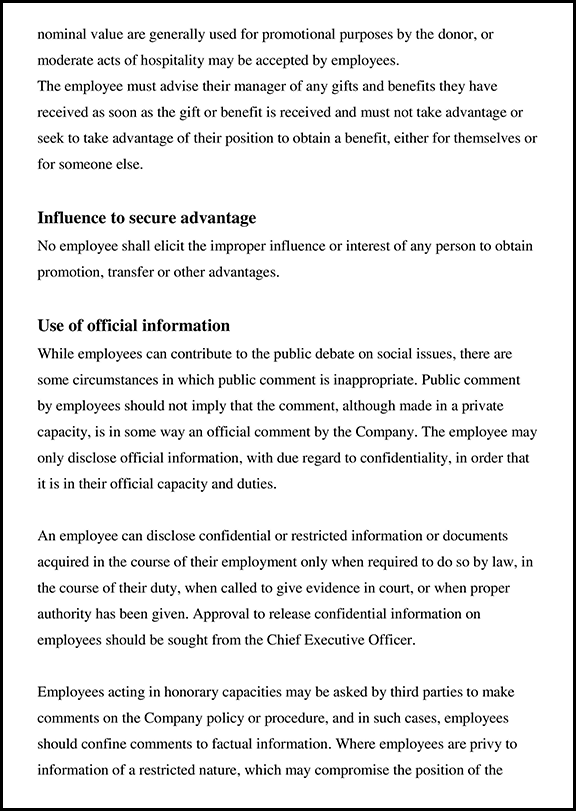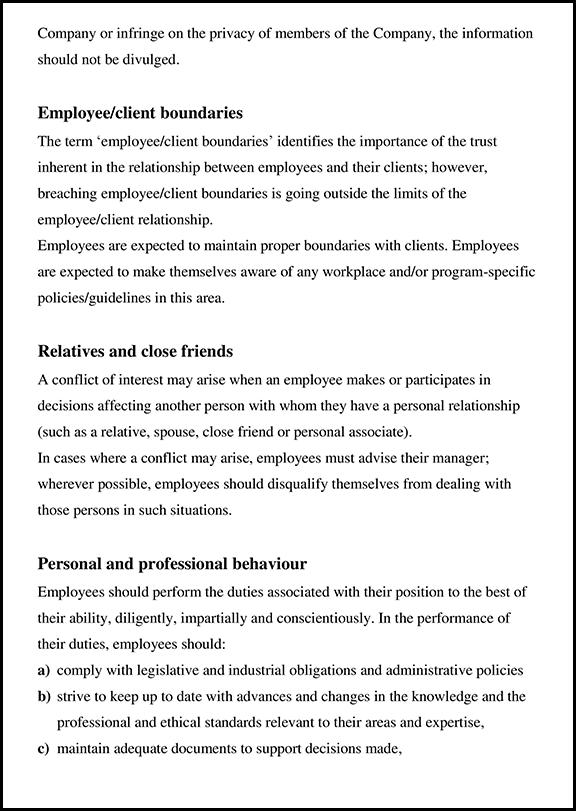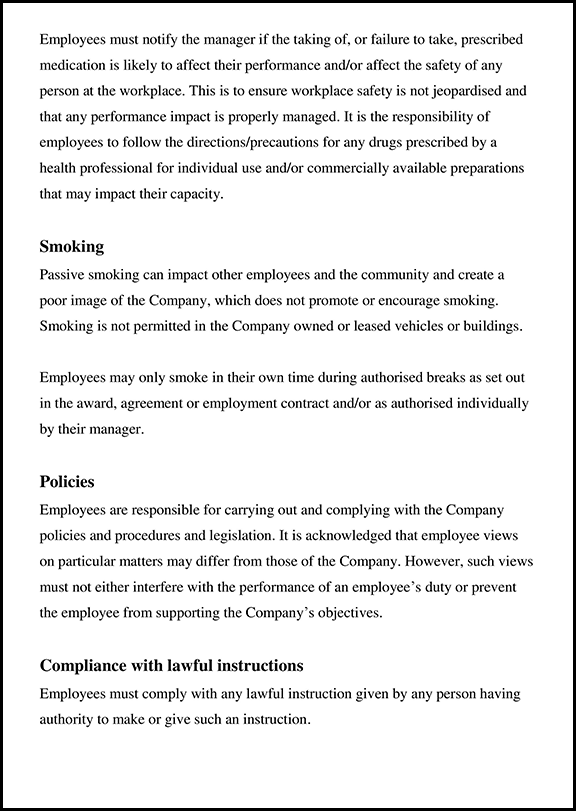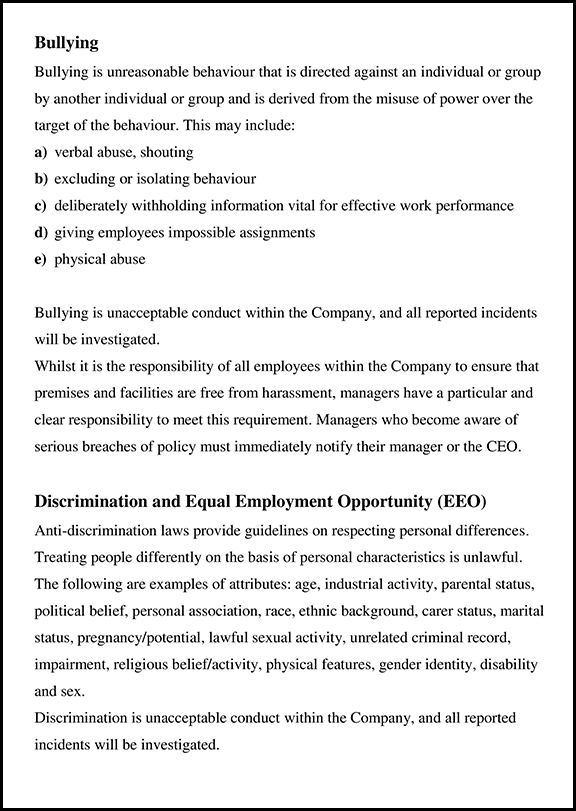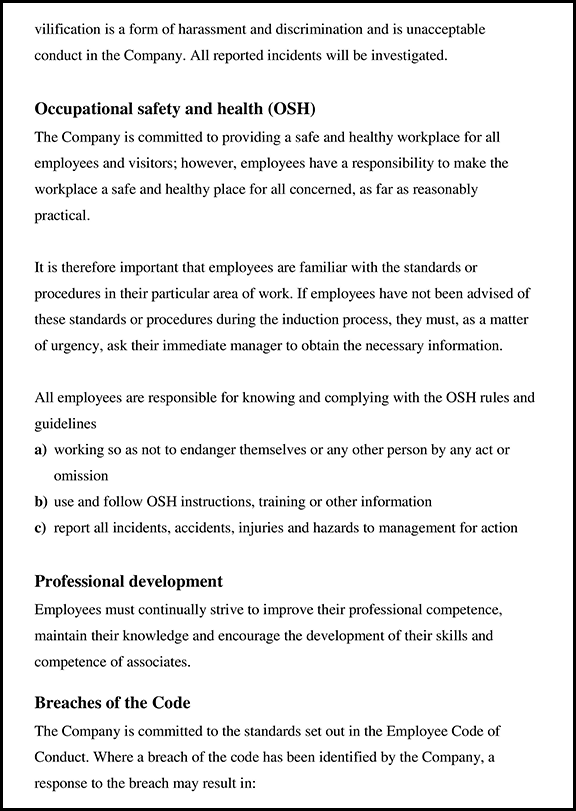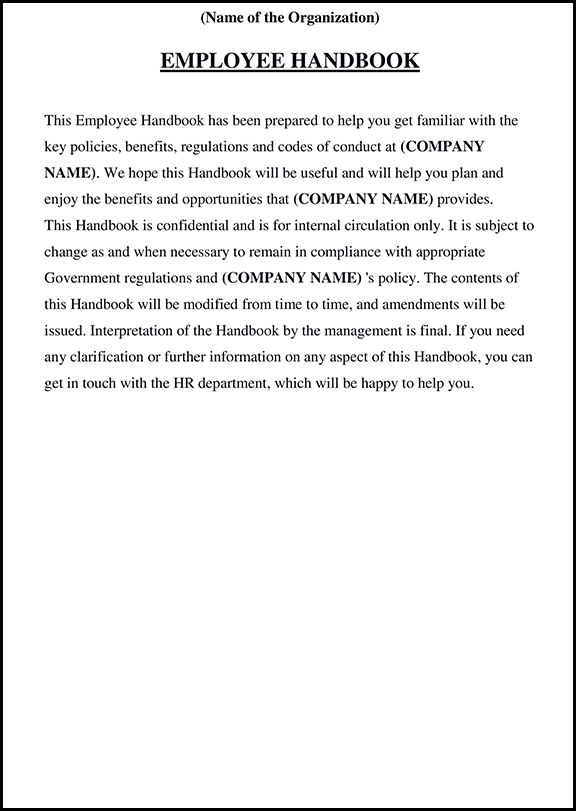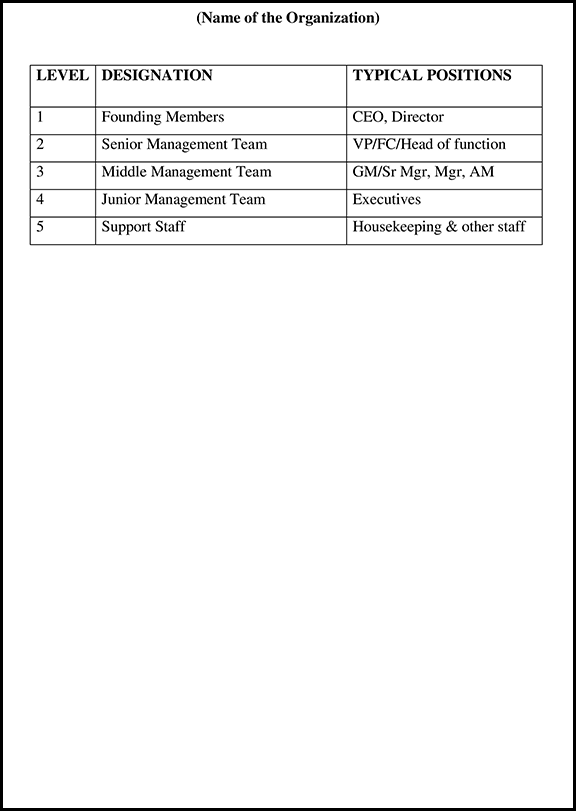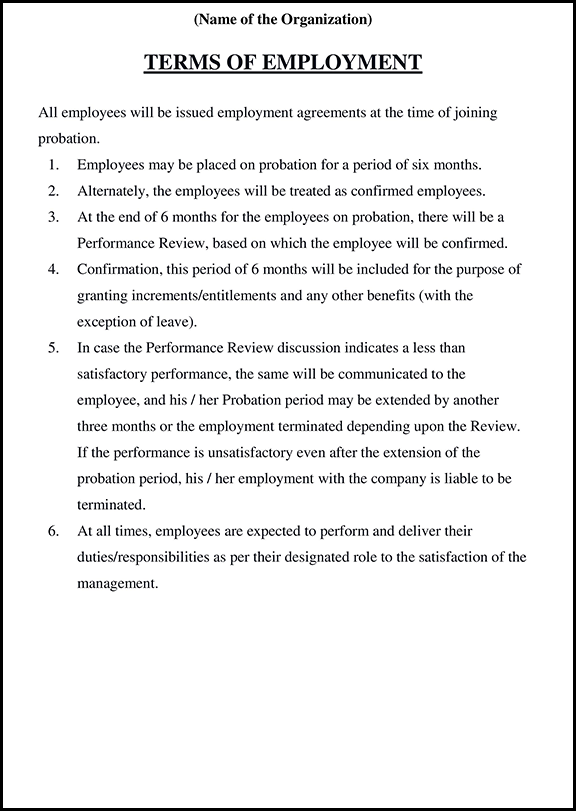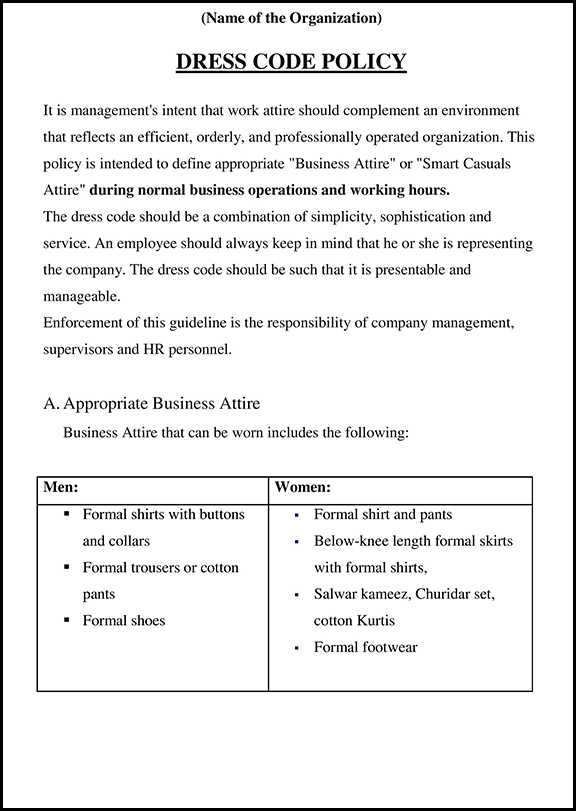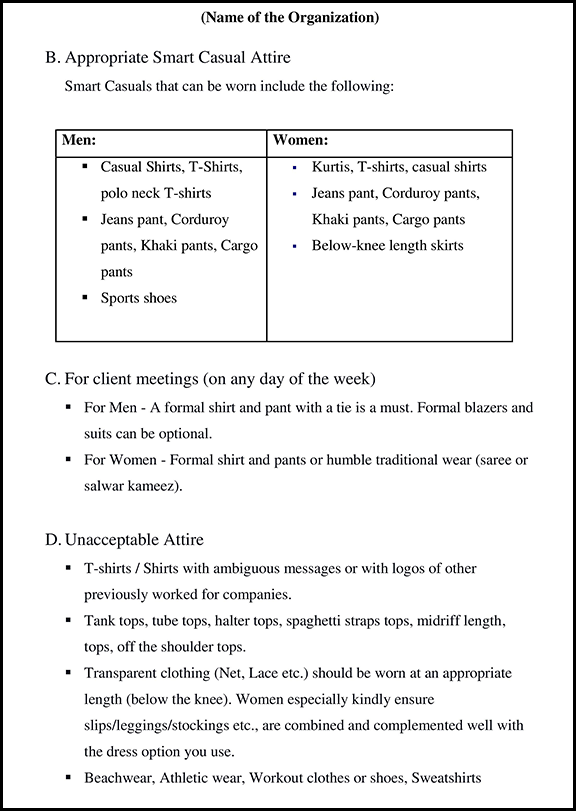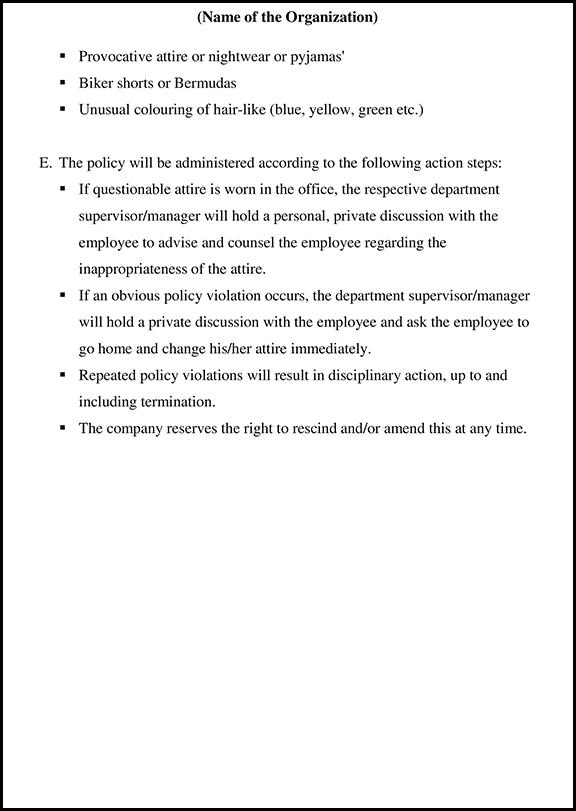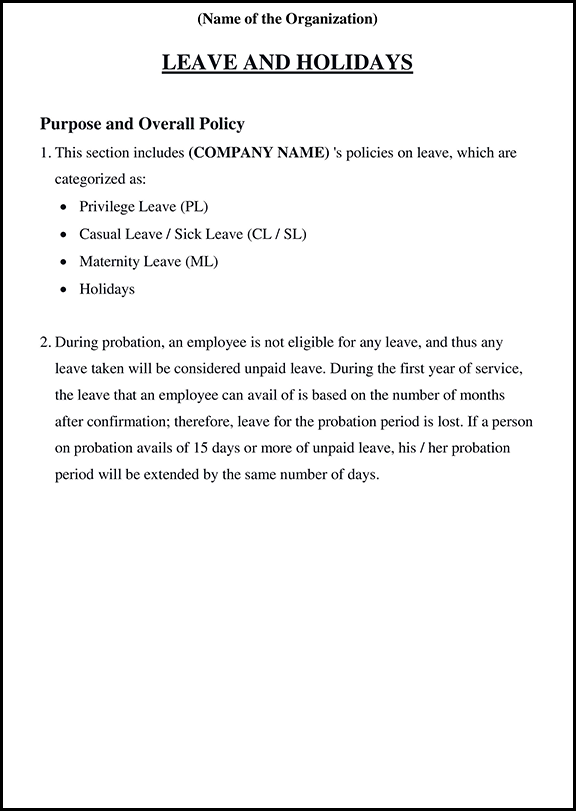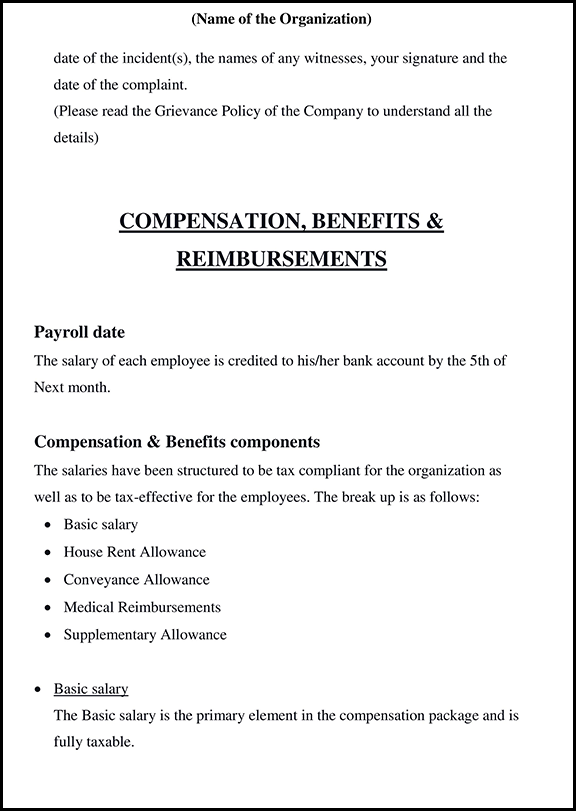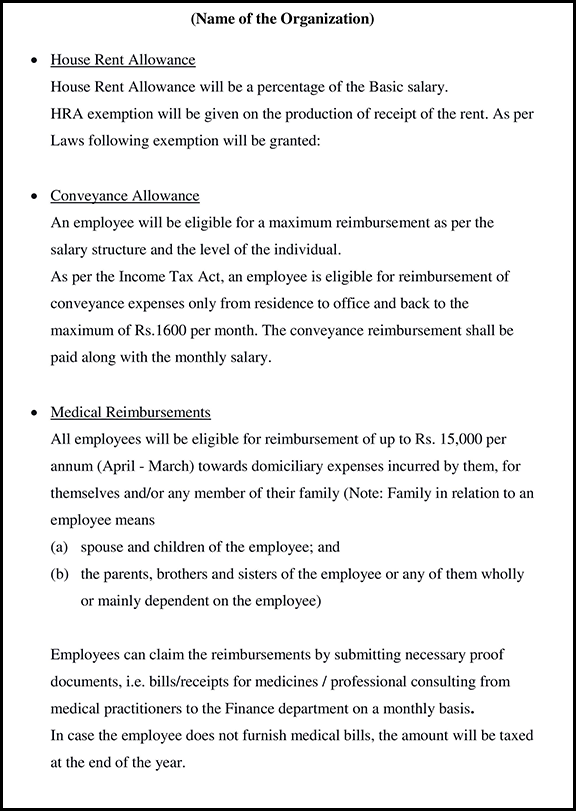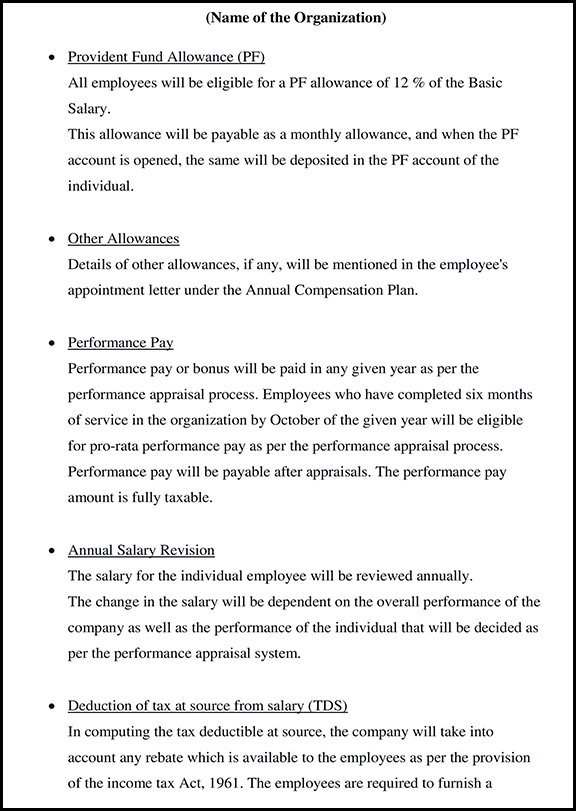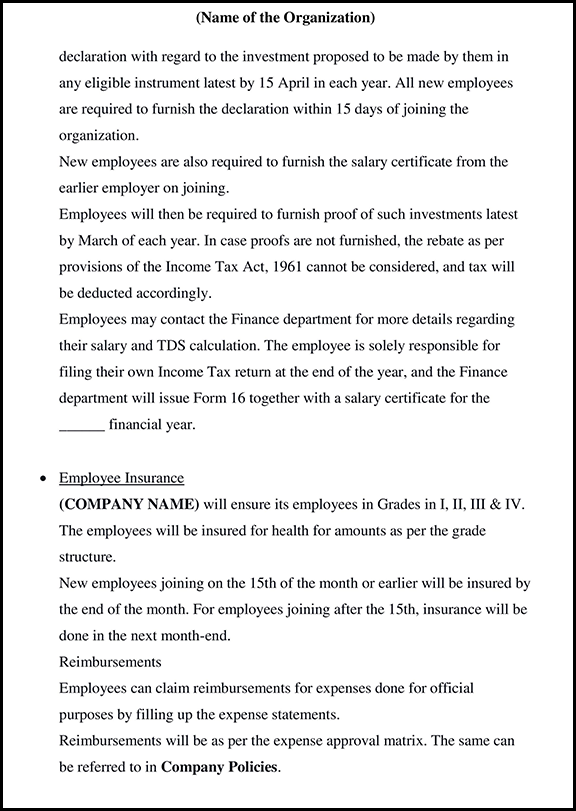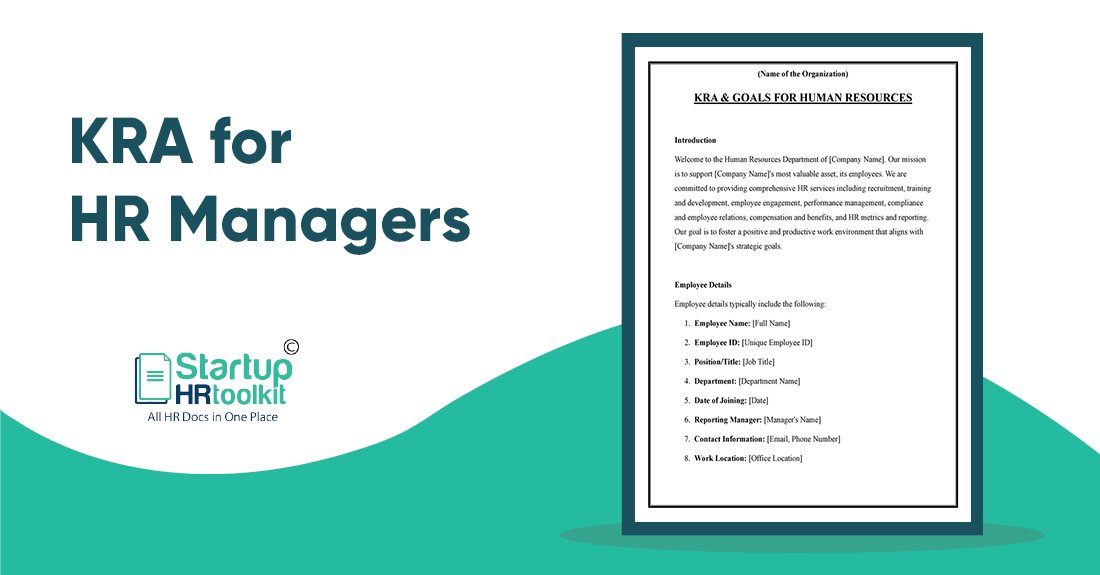
Key Result Areas for HR Manager
KRA For HR Managers
What is KRA For HR Managers?
KRA For HR Managers, KRA represents the fundamental outcomes or goals that need to be accomplished within a specific role in an organization. In conclusion, KRAs are a collection of guidelines that specify what is expected to be achieved without dictating the exact path or methods to achieve these outcomes. For an HR manager, KRAs might include goals related to talent management, employee satisfaction, and statutory compliance, each contributing significantly to the organization’s overarching goals.
Importance of KRAs in HR Management
1. Clear Role
KRAs specifically outline what is expected from HR managers by the organization. This helps HR professionals to focus on their daily duties and ensures their actions and decisions align with the company’s strategic goals.
2. Performance Management
KRAs are a crucial tool for assessing the effectiveness of HR managers. KRAs are used by organizations to establish precise benchmarks and results, enabling them to evaluate how successfully HR managers contribute and fit their plans with the broader goals of the business.
3. Motivation
KRA For HR Managers offers clear expectations, which enhances their motivation. Helping the company understand what is expected of them and how their work contributes to the company’s success increases their engagement and loyalty by giving them a feeling of purpose and direction.
4. Skill Development
KRAs help HR managers identify and focus on critical areas for professional development. Knowing what areas to concentrate on permits HR managers to develop and refine necessary skills, improving their abilities and aligning their career development with organizational needs.
Core KRAs for an HR Manager
1. Talent Acquisition and Management
Talent Acquisition and Management involve identifying, hiring, and retaining the best talent to meet organizational goals. HR managers are accountable for creating and implementing effective recruitment strategies, conducting interviews, and ensuring that the selected candidates are well-aligned with the company’s culture and objectives.
2. Training and Development
Training and Development comprise activities that ensure employees have the necessary skills and knowledge to work optimally in their roles. HR managers must create, implement, and supervise training programs that enhance employee capabilities and support career development. This KRA also involves determining skill gaps, equipping learning opportunities, and encouraging a culture of endless Development to ensure that the workforce remains skilled and competitive.
3. Employee Engagement
Employee Engagement is directed to techniques and procedures that promote a positive and happy work environment and keep employees motivated and dedicated to the organization. To increase happiness and productivity, it involves setting initiatives that raise morale, ensuring open lines of communication, and recognizing and rewarding staff accomplishments.
4. Performance Appraisals
Evaluations of employee performance and comments are part of performance appraisals. This KRA calls for holding frequent review sessions, giving helpful criticism, and working with department managers to guarantee that evaluations are open and promote employee development.
5. HR Metrics and Reporting
HR Metrics and reporting entails collecting, analyzing, and reporting data that is related to different HR functions to notify about decision-making and strategy development. Managers must track key metrics such as turnover rate, training effectiveness, and employee satisfaction to gauge the effectiveness of HR practices. It helps in areas of improvement, ensuring that HR strategies work along with company goals that directly impact the HR activities.
6. Compliance
Compliance ensures that the company adheres to external and internal HR policies, laws, rules and regulations related to workplace management and employees. This involves handling contracts, making sure that fair hiring procedures are followed, and abiding by labor regulations.
7. Review and Feedback
Employee performance, adherence, productivity, organizational standards and goals all come under review and feedback. HR managers should conduct regular performance reviews to evaluate whether employees meet their KRAs and contribute efficiently to the organization. It involves analyzing performance data, assessing objectives’ achievement, and identifying improvement areas.
How to Implementing KRAs Effectively
1. KRAs, KPIs, SOPs Ready-to-Use Templates
StartupHR Toolkit offers the Largest collection of HR templates to help startups and small businesses manage HR tasks, including hiring, appraisals, and compliance. It also provides templates for KRAs, KPIs, and SOPs, making HR management and performance tracking straightforward and efficient.
2. Setting SMART Goals
HR managers should set SMART (Specific, Measurable, Achievable, Relevant, Time-bound) goals to apply KRAs successfully. It means that each KRA should have specific deadlines for completion, defined objectives, metrics for tracking progress, and relevance to company goals. Thanks to SMART objectives, KRAs are targeted and aligned with the organization’s strategic aim.
3. Regular Monitoring
Monitoring KRAs is crucial to track progress and ensure alignment with organizational goals. HR managers should operate HR metrics and analytics to evaluate the efficacy of enforced strategies related to each KRA. HR should have regular check-ins, and progress reviews should be managed to ensure that the activities related to each KRA are on track and yield the desired outcomes.
4. Providing Feedback and Support
To apply KRAs effectively, the team must also get regular feedback and assistance. HR managers must effectively communicate with team members about how they perform KRAs, recognize their successes, and resolve any issues or gaps. The team can successfully contribute to accomplishing the KRAs if the required resources, training, or mentoring are made available.
Download Full Version
Created by India’s top HR experts
Just Rs. 999 Rs. 499
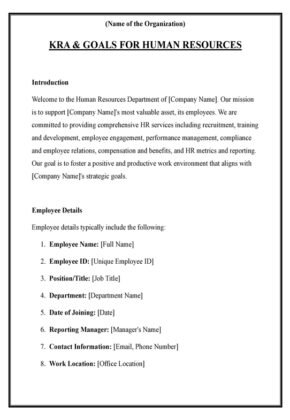
Download KRA For HR Managers.
→ Editable in MS Word & Google Docs
→ Full Version
→ Created by India’s Top HR Experts
→ Used by HR professionals at Dream11, Razorpay, Mamaerath & more
Rs. 999 Rs. 499
Download StartupHR Toolkit Instantly & Access Largest Collection HR Documents.
The only Toolkit to solve all your HR problems in minutes.
Legally compliant and govt approved HR documents.
24×7 customer support over chat & calls (during daytime).
FREE HR audit.
Up to date documents as per the latest Statutory Law.
3 FREE customized documents with Gold Plan.
Expert HR guidance.
Join a Community of 1,00,000+ HR Professionals
Recent Post
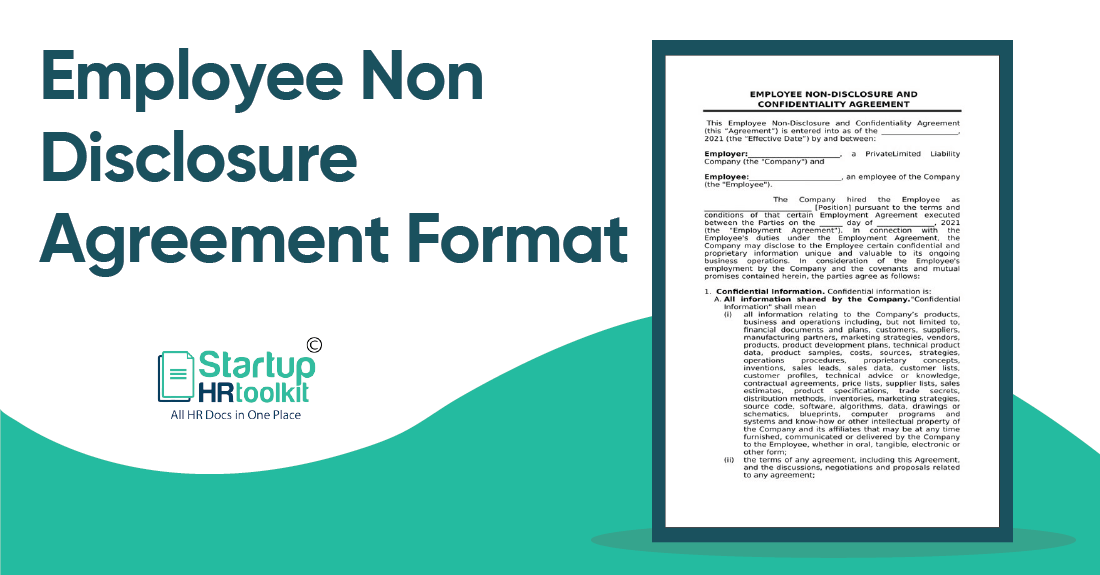
Employee Non Disclosure Agreement Format
All organizations have specific information and processes that they want to keep confidential as they are too sensitive. To ensure that they remain a secret, employers make their employees sign an Employee Non Disclosure Agreement format.
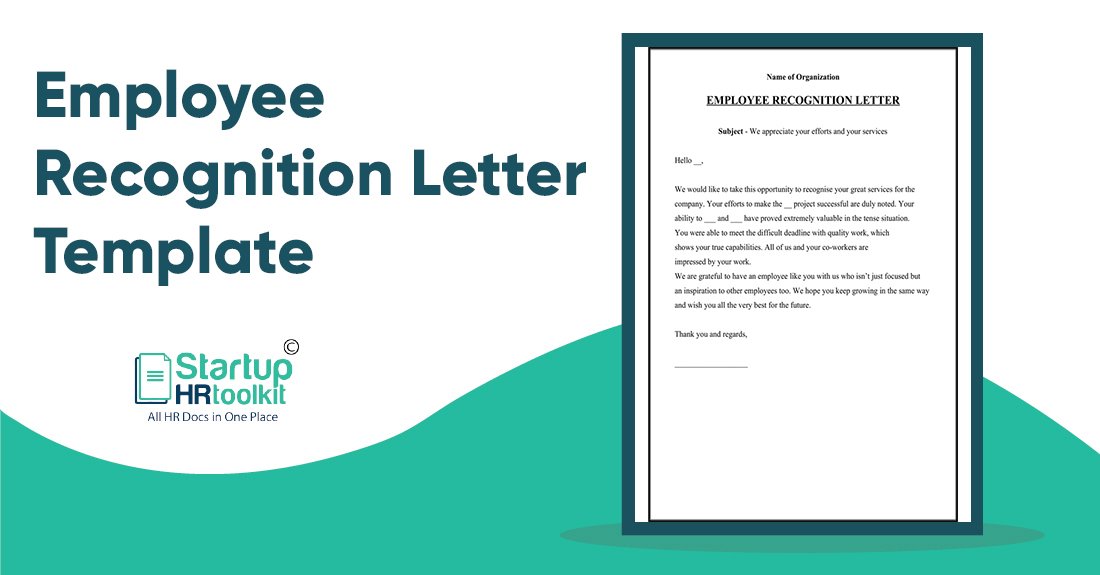
Employee Recognition Letter
An employee recognition letter is a means for employers to thank and appreciate employees for all their hard work and dedication. This letter aims to show and appreciate them for putting in a lot of effort in their job. It motivates them to work harder and achieve all their targets.
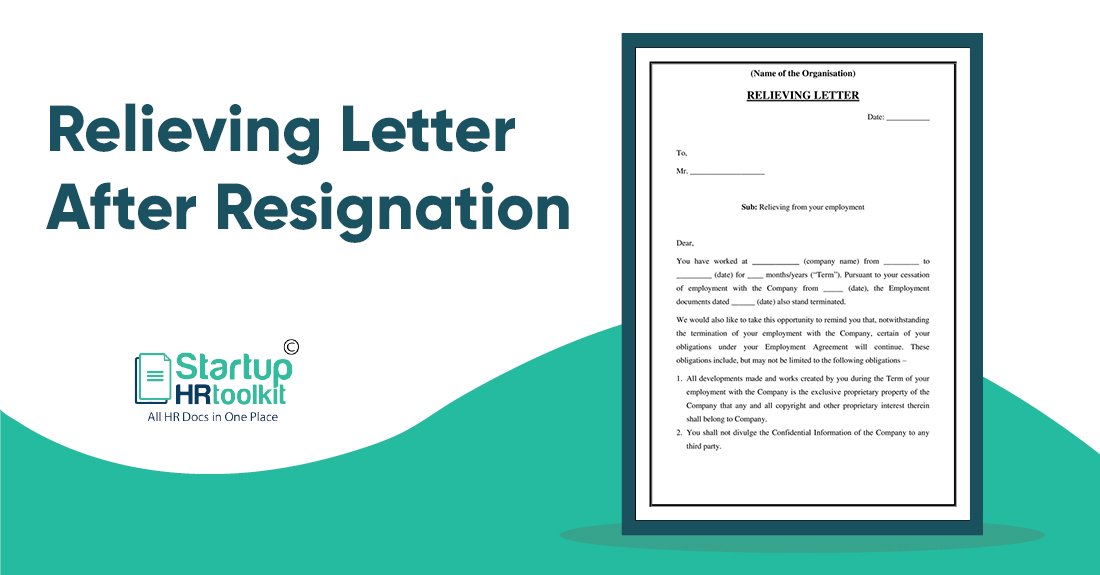
Relieving Letter After Resignation
A relieving letter sample is provided to employees when they leave an organization. The Letter states that the employee left their previous employment after a full and final settlement and now join a new organization.


